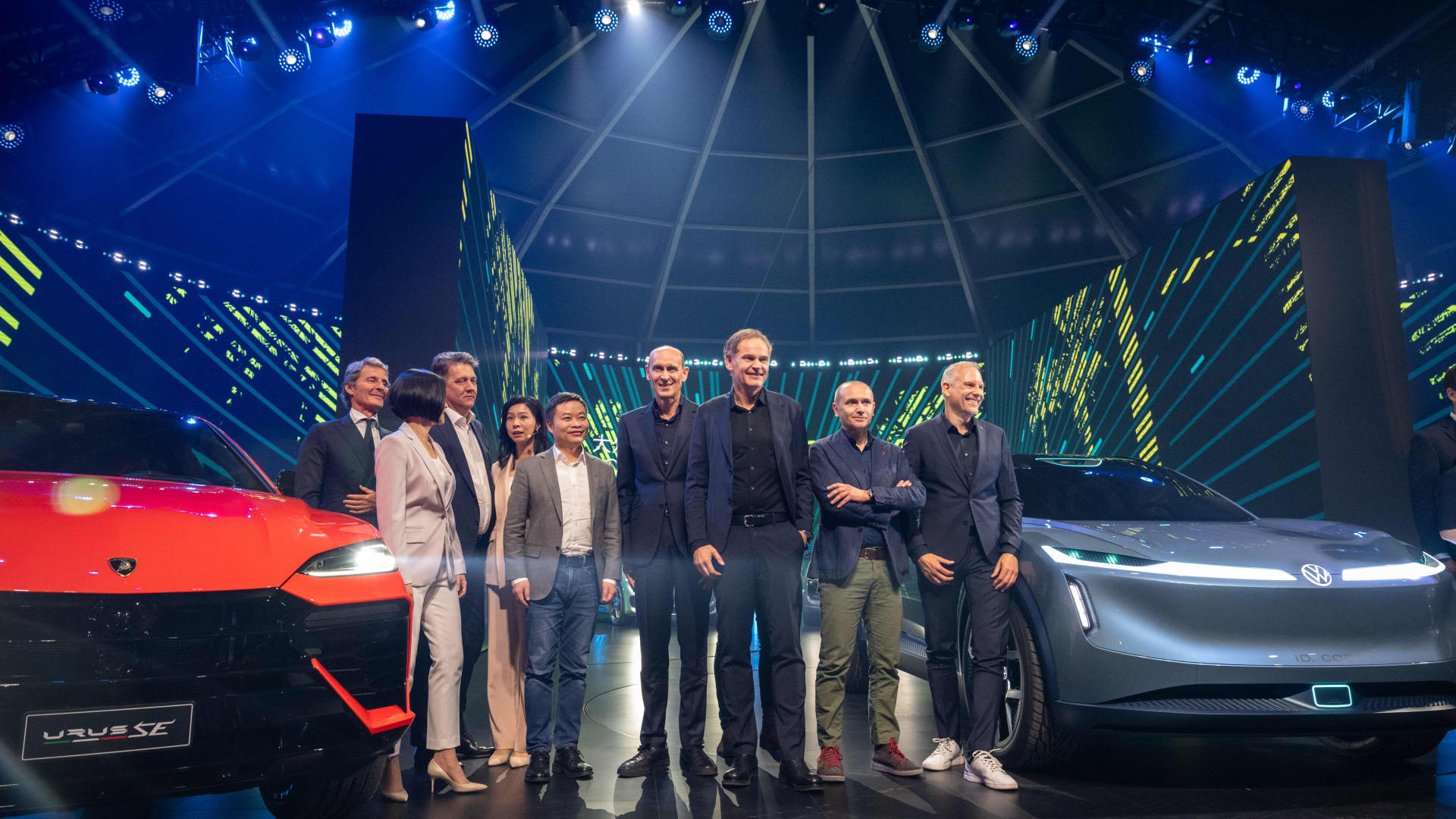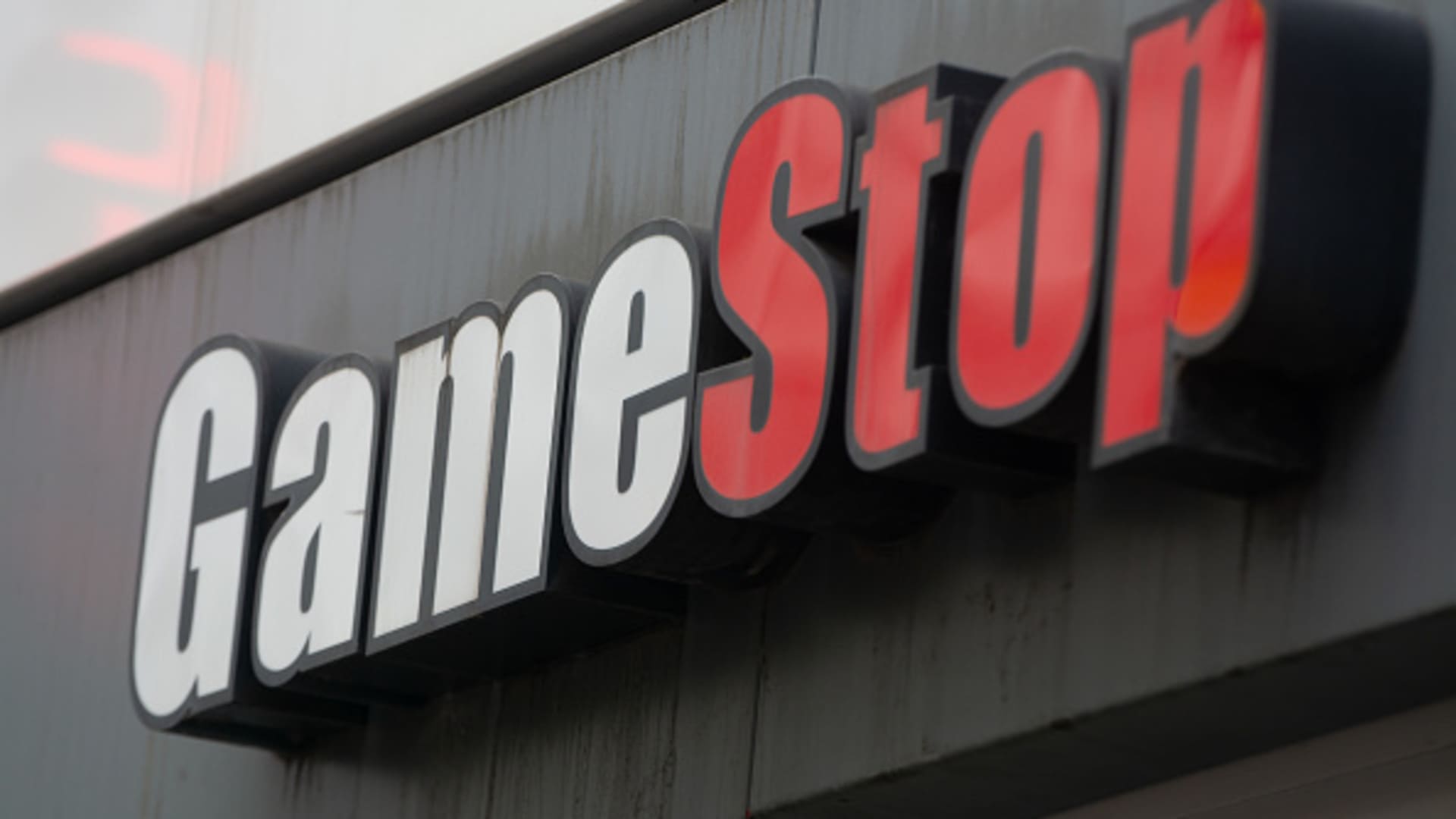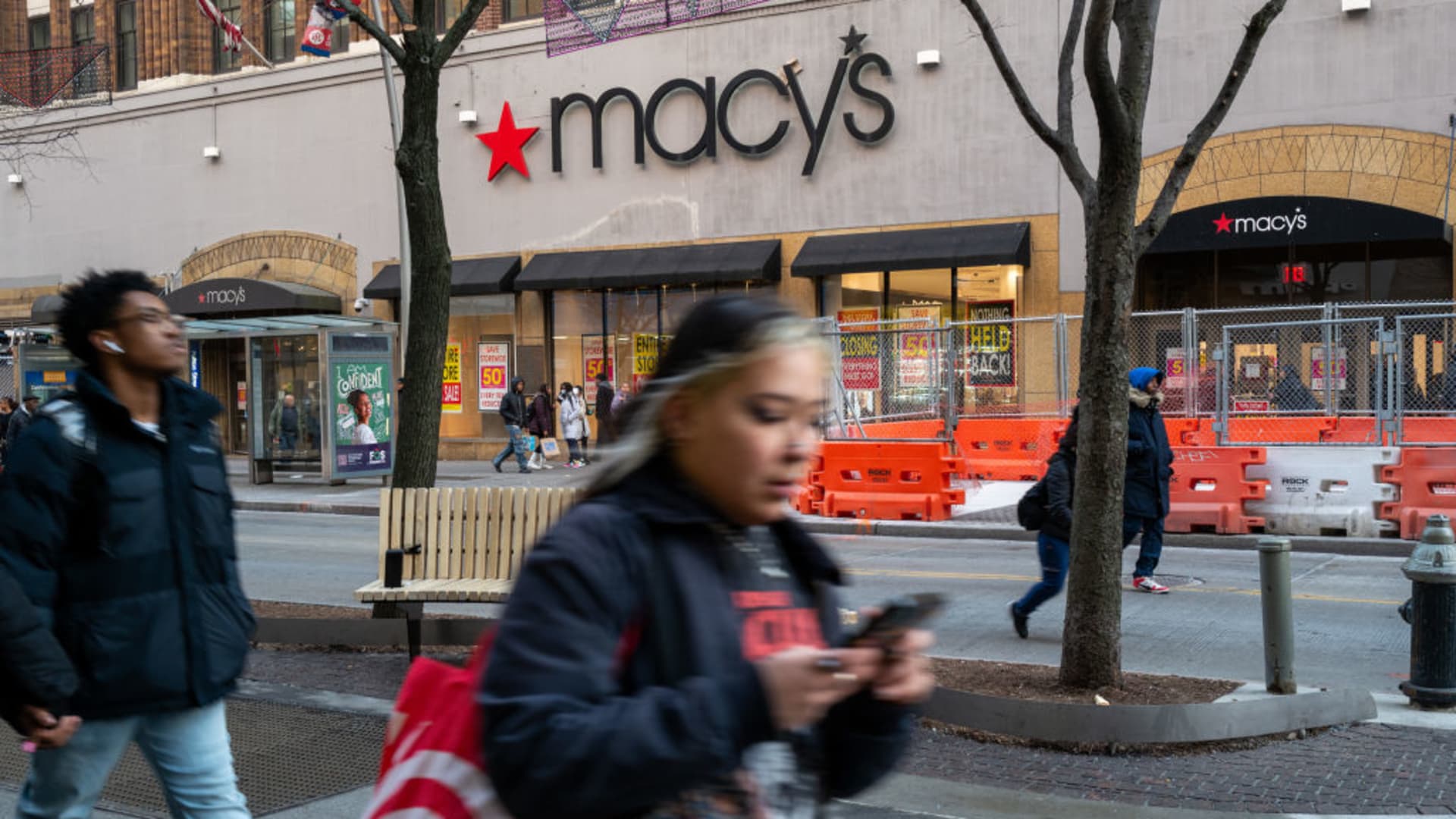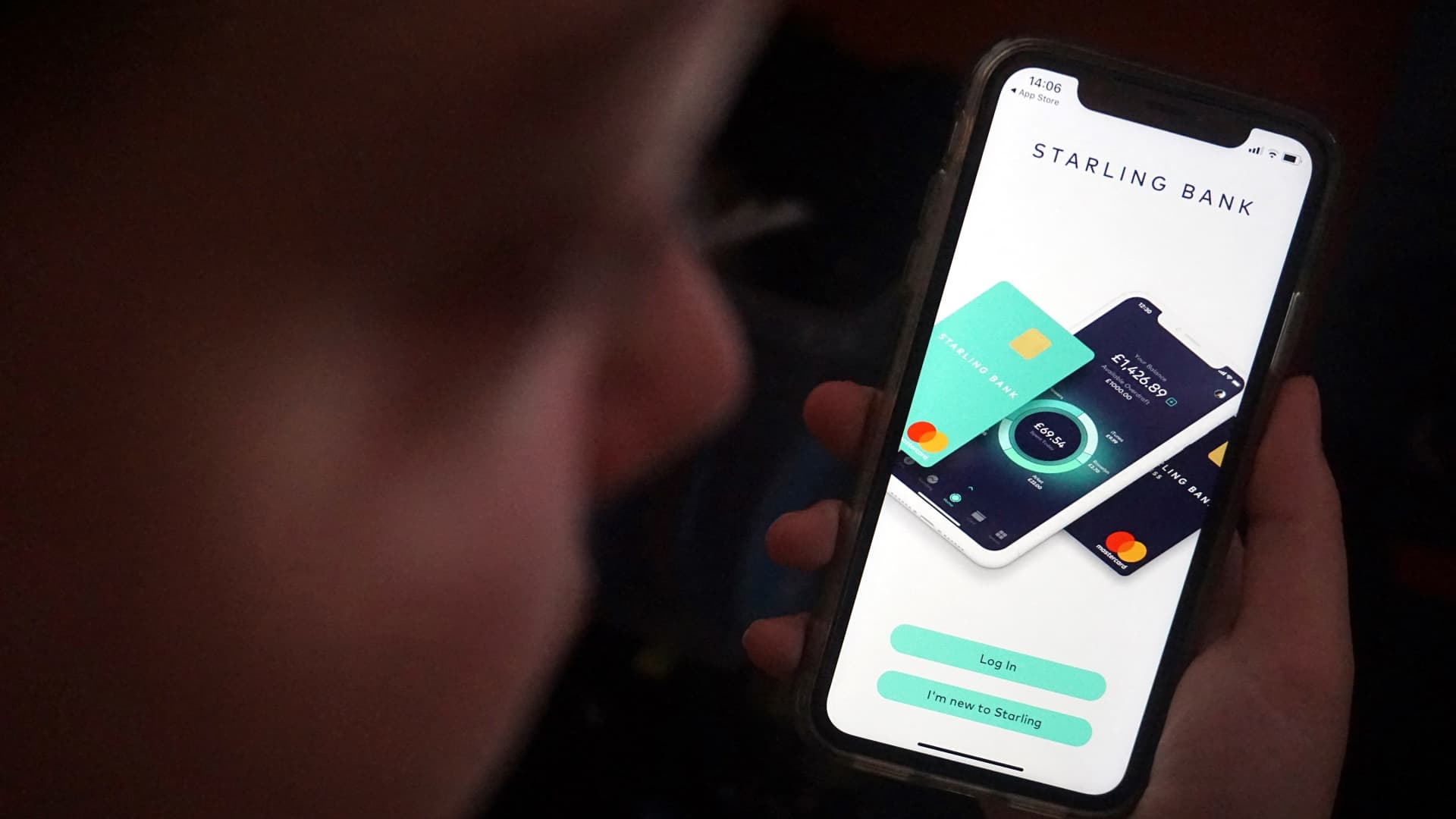Finance
Volkswagen China is spending lots of time at Xpeng to make new EVs
-

 Accounting6 days ago
Accounting6 days agoHouse tax bill includes provision eliminating PCAOB
-

 Economics1 week ago
Economics1 week agoThe MAGA revolution threatens America’s most innovative place
-

 Economics7 days ago
Economics7 days agoWhat happens if the Inflation Reduction Act goes away?
-

 Economics1 week ago
Economics1 week agoThree paths the Supreme Court could take on birthright citizenship
-

 Personal Finance6 days ago
Personal Finance6 days agoWhat House Republican ‘big beautiful’ budget bill means for your money
-

 Accounting6 days ago
Accounting6 days agoTrump tax bill faces Senate’s arcane rules, desire for changes
-

 Economics1 week ago
Economics1 week agoJoe Biden did not decline alone
-

 Finance5 days ago
Finance5 days agoPersonal finance app Monarch raises $75 million











